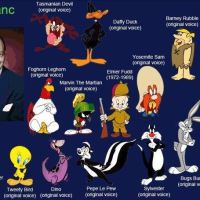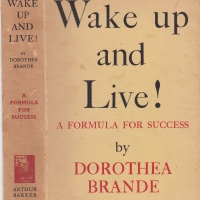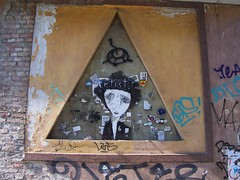We live in a world increasingly dominated by likes or un-likes and surrounded by people to follow or unfollow. Although this was entertainingly dramatized in the Black Mirror episode ‘Nosedive’ , in reality it is no laughing matter. The grey areas in between these binary choices are marginalised to the point that there’s precious little space left for nuanced opinion.
When a film like Jonathan Glazer’s ‘The Zone of Interest’ comes along this limitation is a major problem. The film is an accomplished, complex and uncompromising piece of work that left me awestruck, disorientated and a little numb. These are not reactions that can be summarised by clicking a ‘like’ button.
The fact that the film has garnered universal critical acclaim comes as no surprise. Few would dare to challenge a film of this nature due to the risk of undermining its weight and seriousness.
When any atrocities are committed, it is common to ask how the offenders can bear to live with themselves. Even when killings and torture are sanctioned by the state during times of war, this remains a valid question. ‘The Zone of Interest’ presents one possible answer, to simply pretend that the crime does not exist.
In real life, the commandant of Auschwitz, Rudolf Höss, had the presence of mind to write his memoirs while in prison awaiting execution by hanging. The American military psychologist Gustave Gilbert wrote that “Höss is quite matter-of-fact and apathetic, shows some belated interest in the enormity of his crime, but gives the impression that it never would have occurred to him if somebody hadn’t asked him.”
In Glazer’s film this blithe disinterest appears to be a state of mind shared with his family. The banality of their daily lives is at odds with the mass slaughter happening in close proximity – their otherwise idyllic home is literally next door to Auschwitz.
Watching this film is like an act of surveillance, an effect created by the actors being filmed throughout by hidden cameras in the house and garden.
Like Martin Amis, who wrote the novel upon which the film is loosely based, Glazer is well aware that the facts and images of the holocaust have become all too familiar to modern audiences. He is therefore fully aware of the dangers of compassion fatigue. Our knowledge of the events through documentaries and other movies means that that the sounds of steam trains, shouted commands and muted screams together with sight of smoke billowing from chimneys are sufficient to make the barbarity vivid enough. As with all the best horror films, the scariest bits are those left to the imagination.
In an interview about his novel recorded in 2014, Amis spoke eloquently about not wanting to revisit events of the second world war like an atrocity tourist. He quoted Primo Levi’s hatred of what he called “an exaltation in the horror” in relation to the scale of the massacre ordered by Hitler and administered with such ruthless efficiency by Nazi executioners. The magnitude of the killing and inexplicable level of cruelty still casts a shadow over humanity but there remains the danger that such pure evil is complacently confined to the past.
During a press conference about the ethics of representation, Glazer stated that he doesn’t regard his film as a work of history. He stresses the need to view it in the present tense and hopes viewers are moved to focus on the perpetrators of the atrocities rather than with the unseen victims.
Certainly, the film poses such uncomfortable questions that it barely qualifies as entertainment. How can we merely ‘like’ it? Better still to reflect how we might we have acted differently to Höss and his family?








